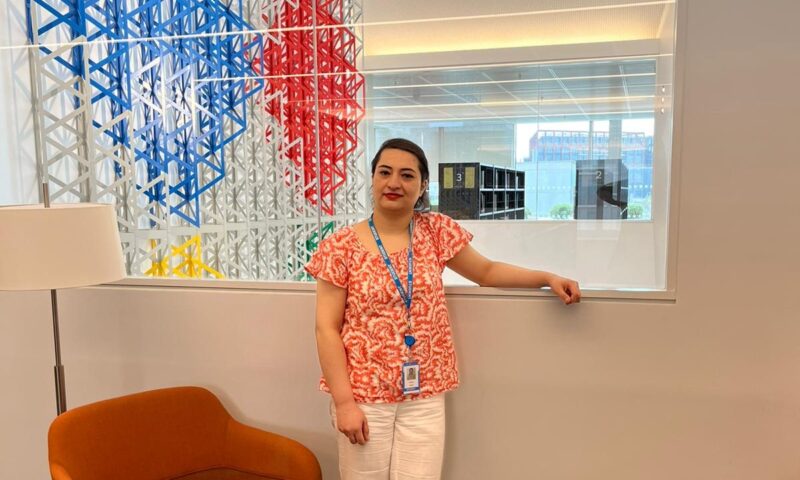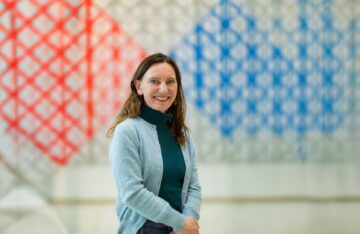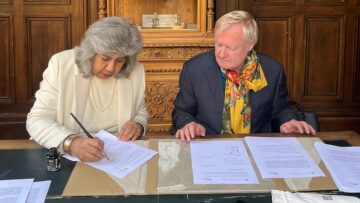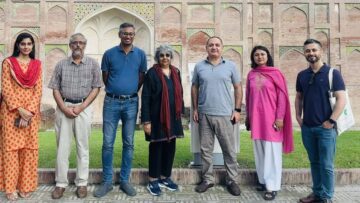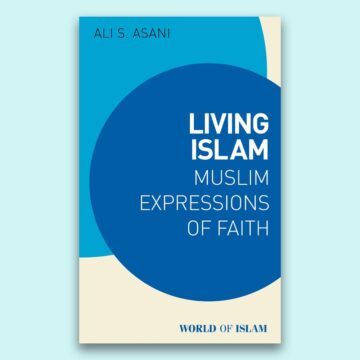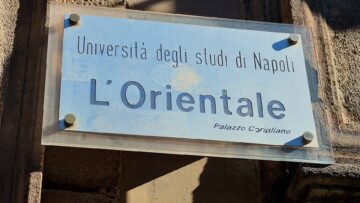Rehana Hafeez is a second-year Secondary Teacher Education Programme (STEP) student. In a blog written for International Women’s Day, she explores the ways in which STEP has allowed her to pursue her dream of becoming a teacher while being a mother, and her desire to “ignite the spark of motivation and confidence in young girls who want to pursue their dreams and serve their communities”.
It is said that a woman is an embodiment of love, affection, care and nurturing. I truly adhere to this saying, yet I also think that the status of women goes beyond preconceived roles attached to them by society. A woman can be a nurturer, caregiver, home-maker and at the same time, she can achieve her dreams, be a role model, a change agent, and above all, an excellent educator. My STEP journey encompasses both trajectories. In the beginning, I was a little nervous about leaving a toddler behind and pursuing a Master’s degree abroad. It wasn’t easy initially, but strong support from my family, the IIS community and friends has enabled me to pursue my dream career.
When I came to London, I saw how vast the world could be. With each day passing, I learned something exciting and worth exploring: meaningful engagement with the culture, opportunities, and people complimenting my leadership skills. I learned better communication and interpersonal skills by engaging with students from different countries and programmes. STEP has enabled me to trust in my strength as a woman to come forward and contribute towards the intellectual development of the community where I belong. The curriculum and nature of the delivery of the content are designed in such a fantastic way that both men and women find equal opportunities to learn. STEP is in excellent alignment with the vision of His Highness Aga Khan IV. In a conversation with Harvard Professor Diana Eck in 2015, His Highness Aga Khan mentioned that leadership qualities are not gender-driven. Instead, both genders may have the same leadership competencies and capabilities. If discrimination occurs in a particular community based on gender, it will damage its interests by not allowing women to deliver according to their capacities.
All the courses on STEP have enabled me to prepare younger generations to respect diversity in terms of religion, race, ethnicity and gender. For example, one of the courses, “The Qur’an and its interpretations”, has enabled me to support the idea of the dignity of women in Islam, as opposed to the majority view of women being discriminated against and pushed back in the name of religion. An in-depth understanding of Qur’anic literature gained through multiple scholastic perspectives has enabled me to understand various Qur’anic interpretations on matters related to women. STEP has helped me to grasp the holistic view of the Qur’an towards women, which is gentle and inclusive. There is a dire need to improve awareness among youth on such matters, to make them able to make wiser decisions for their communities in the future.
STEP has also helped me to understand that the Qur’an’s message is universal and not static; it can be adapted, keeping in view the current needs and demands of societies. Therefore, I am now quite enthusiastic and, at the same time, determined, with a strong sense of responsibility to ignite the spark of motivation and confidence in young girls who want to pursue their dreams and serve their communities. I am now completing the programme and have gained enough insights to deliver and work as an educator with the community. I believe that an innate ability to be patient and resilient, and also to adapt to different circumstances, is what makes women unique.
I strongly recommend STEP to all Ismaili women inspired to become educators and pursue their dreams. You could be a mother, a caregiver, and at the same time achieve your dreams, have strong faith in your abilities and show your true worth by excelling in leadership roles across the globe.

